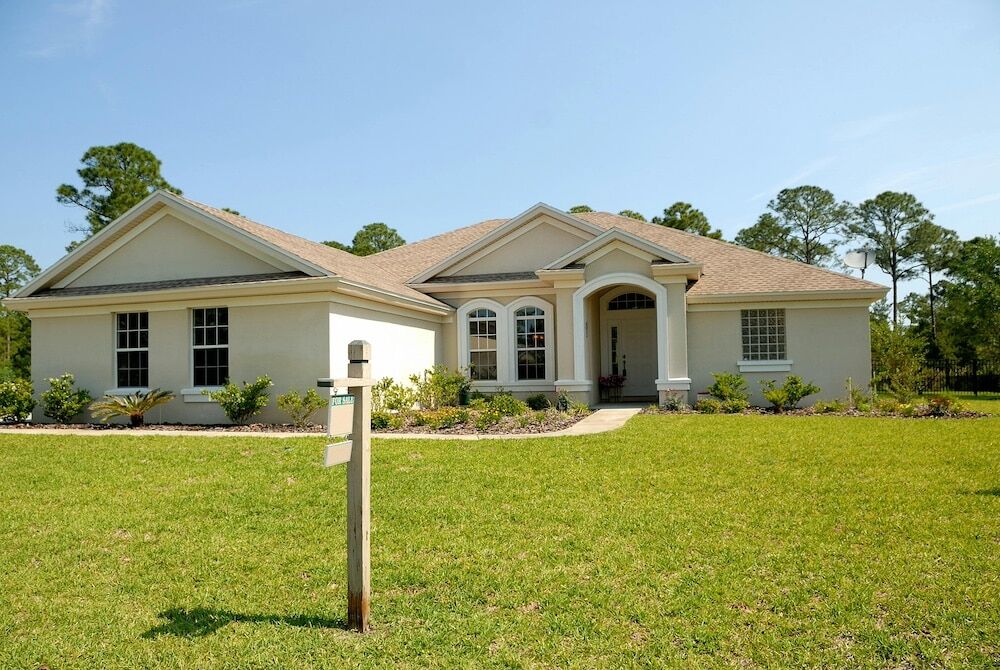
Tax Implications of Selling Your Principal Residence in Ontario
Under section 54 of the Income Tax Act (the “Act”), a principal residence is generally defined as a housing unit (including leasehold interest or shares in a co-operative housing corporation) that a taxpayer owns and primarily uses as their home. This can be jointly owned and does not have to be occupied all year, but it must be ordinarily inhabited by the taxpayer or their family during the year.
The designation of a property as a principal residence or something else can change over time. Importantly, a property that was once an investment may later qualify as a principal residence, and vice versa.
Capital Gains and the Principal Residence Exemption
Normally, when a property is sold, the capital gain is calculated as the difference between the selling price and the adjusted cost base (purchase price plus eligible expenses). 50% of this capital gain is taxable income. For example, if you buy a property for $100,000 and sell it for $140,000, your capital gain is $40,000, and $20,000 would typically be taxed.
However, if the property qualifies as your principal residence for all or part of the ownership period, you can claim the principal residence exemption. This exemption allows you to exclude some or all of the gain from taxable income, depending on how many years the property was your principal residence.
Changing Use: From Principal Residence to Investment Property and Vice Versa
When a property you own changes from being your principal residence to an investment property (such as a rental), or vice versa, the tax implications become more complex, and specific rules and elections apply to determine how much of the capital gain is taxable.
The CRA treats this change as a deemed disposition at fair market value. This means you are considered to have sold the property at market value and immediately reacquired it, which can trigger capital gains tax on any accrued gain.
If you later convert the property back to its former use, another deemed disposition occurs, potentially triggering additional taxes.
Please note partial rental use requires allocation of gains proportionally.
Recent Legislative Change: Properties Held Less Than 365 Days (Effective January 1, 2023)
A recent important change affects taxation of properties sold within one year. Any gain from selling a Canadian housing unit (including rental properties) held for less than 365 consecutive days is deemed business income, not a capital gain. This means the full gain is taxable as business income, which is generally less favorable.
Exceptions apply if the sale is due to specific life events such as:
- Death of the taxpayer or related person.
- Adding or joining household members (e.g., marriage, birth of child).
- Breakdown of marriage or common-law partnership with separation.
- Threats to personal safety.
- Serious disability or illness.
- Eligible relocations for work or education.
- Involuntary job termination or insolvency.
- Destruction or expropriation of the property.
This rule aims to distinguish between short-term flips and traditional ownership.
Conclusion
Understanding the tax implications before selling your principal residence is crucial to ensure compliance and to maximize available exemptions. Given the complex rules, especially regarding changes in use or short ownership periods, consulting a qualified tax professional or legal advisor can help you navigate the nuances effectively, protect your interests, and avoid unexpected tax liabilities.
Schedule a free consultation with Rosen & Associates Tax Law to discuss your case and explore your options for filing an income tax objection.
***Disclaimer: This article provides information of a general nature only. It does not provide legal advice nor can it or should it be relied upon. All tax situations are specific to their facts and will differ from the situations in this article. If you have specific legal questions, you should consult a lawyer.